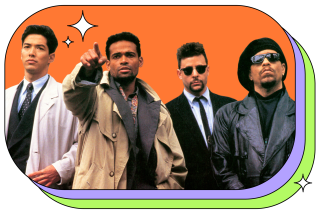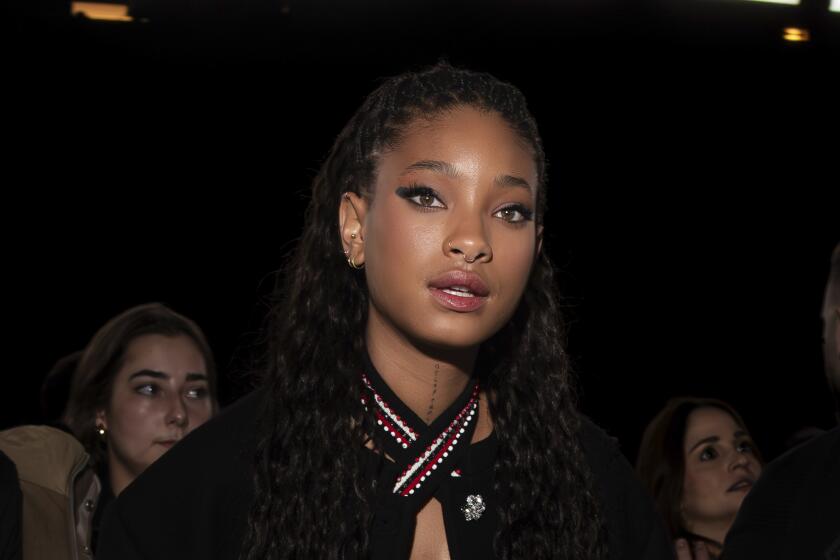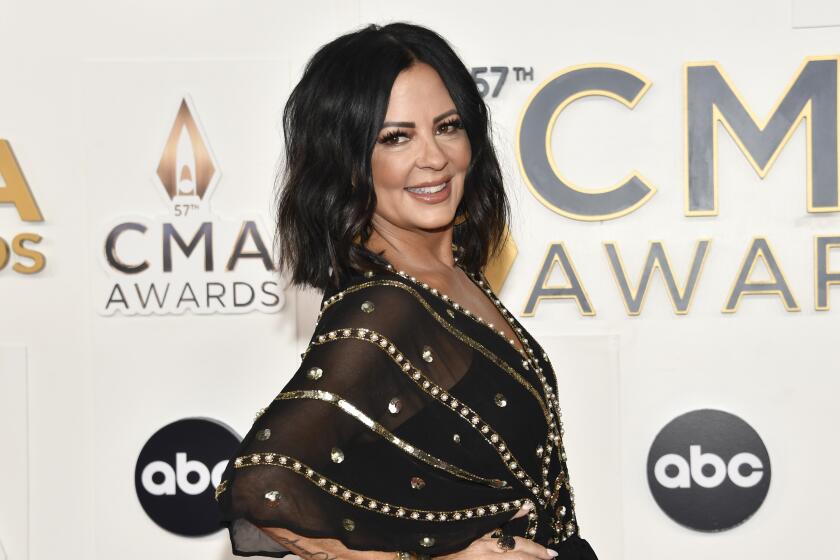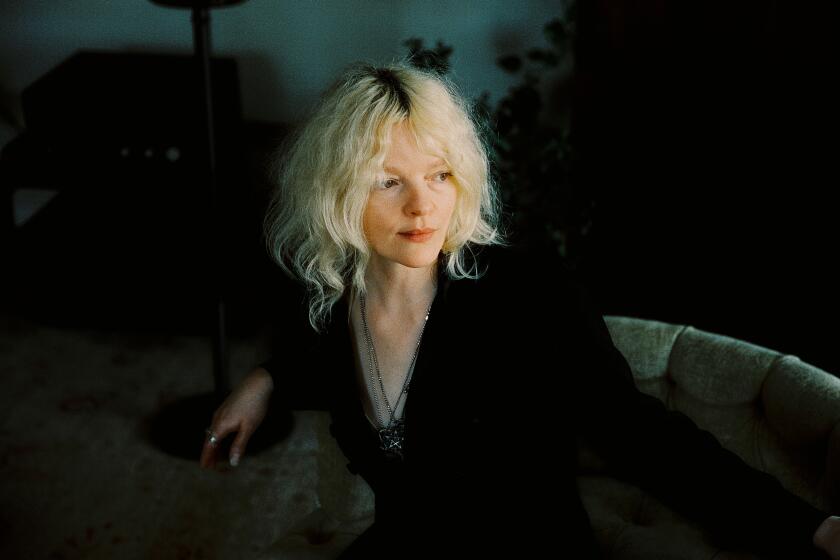With Desert Rose, Chris Hillman proves he still plays well with others
The Desert Rose Band couldn’t have picked a more appropriate site for launching a brief reunion tour than Buck Owens Crystal Palace in the capital of California country music.
The group, formed by Byrds and Flying Burrito Brothers founding member Chris Hillman, arrived in the mid-’80s as the latest in his long string of distinguished Southland ensembles in which he and abundantly talented cohorts proudly pushed, poked and prodded at the boundaries that often, unnecessarily, separated rock, folk and country music.
The group’s show Thursday at the club built in the ‘90s by Owens, one of the key architects of California country, served as a refreshing reminder of a period in contemporary country music when commercial success and musical soul weren’t mutually exclusive.
Hillman and his longtime duo partner Herb Pedersen joined up again with guitarist John Jorgenson, steel guitarist Jay Dee Maness, bassist Bill Bryson and drummer Steve Duncan and gamely blazed through their old hits “Ashes of Love,” “One Step Forward,” “Love Reunited,” “Price I Pay,” “She Don’t Love Nobody” and a few surprises.
In the opening number during their 90-minute set, the first of just a handful of shows the group will play over the summer, guitarist Jorgenson coaxed riffs that magically segued from bluegrass to Beatles in the course of a single phrase while he, Hillman and Pedersen knocked off exquisite three-part harmonies.
In the first outing of this go-round, Hillman muffed a line or two — after the show he said they’d had just a single rehearsal earlier in the day — then shook it off with a good-natured laugh.
It was almost as if Hillman were proving the point he’d voiced a day earlier during an interview. “This is not an attempt to reform a band at all — that’s the last thing I would want to do,” he said. “We have a good time together, and we have no pressure. We aren’t making a record, we aren’t trying to get radio airplay.”
From the grins flashing from one player to another around the stage Thursday, it was fairly evident that purpose was musical desire rather than financial necessity.
“I was in more bands than anybody in this group,” said Hillman, who also spent time with Stephen Stills in Manassas; with ex-Byrds Roger McGuinn and Gene Clark in McGuinn, Clark & Hillman; and with fellow singer-songwriters John David Souther and Richie Furay in the Souther-Hillman-Furay Band, among others. “This,” he added, “was the one band that parted company without any animosity. It’s the only band I’ve even thought about putting back together on a temporary basis.”
It also was the first in which Hillman, always an empathic supporting player or equal partner in those other groups, fully stepped forward as a leader, writing and handling lead vocals on most of the band’s material.
Desert Rose had a respectable run on the country charts in the late-’80s and early-’90s as the musical pendulum swung away from the Urban Cowboy brand of pop country and swung back toward a more traditional sound with artists such as Randy Travis, Ricky Skaggs and Emmylou Harris.
What made the group’s approach such a treat a quarter century ago was the way the players started with the impeccable instrumental and vocal chops common to bluegrass and infused them with a pronounced jolt of rock energy. It also introduced the folk-rock singer-songwriter ethos to many of their songs.
Hillman and Pedersen demonstrated their exceptional vocal synchronicity in a salute to their departed friend and mentor Owens with a version of “Hello Trouble” that would have broken clean in two if it had any more snap. Their reading of “Together Again” impressively matched the sibling singing style that was the signature of Owens’ long partnership in the Buckaroos with Don Rich.
“Some people ask why aren’t we doing more shows,” said Hillman, who will keep Desert Rose going just long enough for three more dates this weekend in Northern California, three more back east in August and a final date in Colorado around Labor Day. “I say that if we go beyond six, we may start arguing.
“I’m joking,” he quickly added. “It may sound corny, but this really is a labor of love. I’m 65 years old — what else am I doing this for?”
More to Read
The biggest entertainment stories
Get our big stories about Hollywood, film, television, music, arts, culture and more right in your inbox as soon as they publish.
You may occasionally receive promotional content from the Los Angeles Times.






